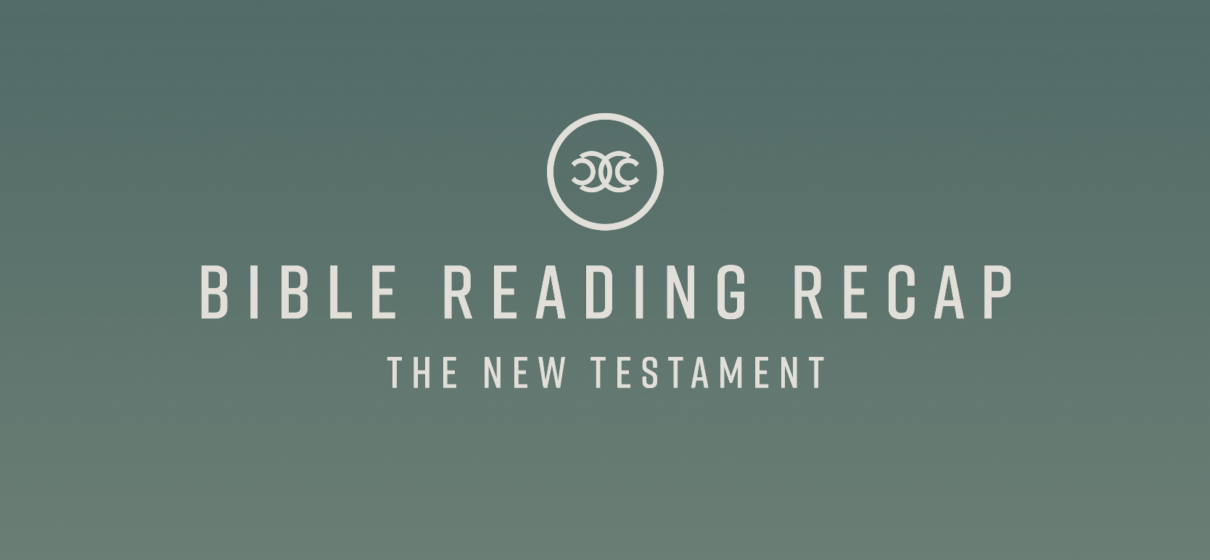31: Bible Reading Recap – Matthew 6-11
In this episode of the Bible Reading Recap, Ted Ryskoski, Lance Lawson, and Rachel Chester discuss Matthew, chapters 6-11.
Jesus concludes the famous Sermon on the Mount, shows us how to pray, teaches, heals, and invites all who are weary to find rest in him.


